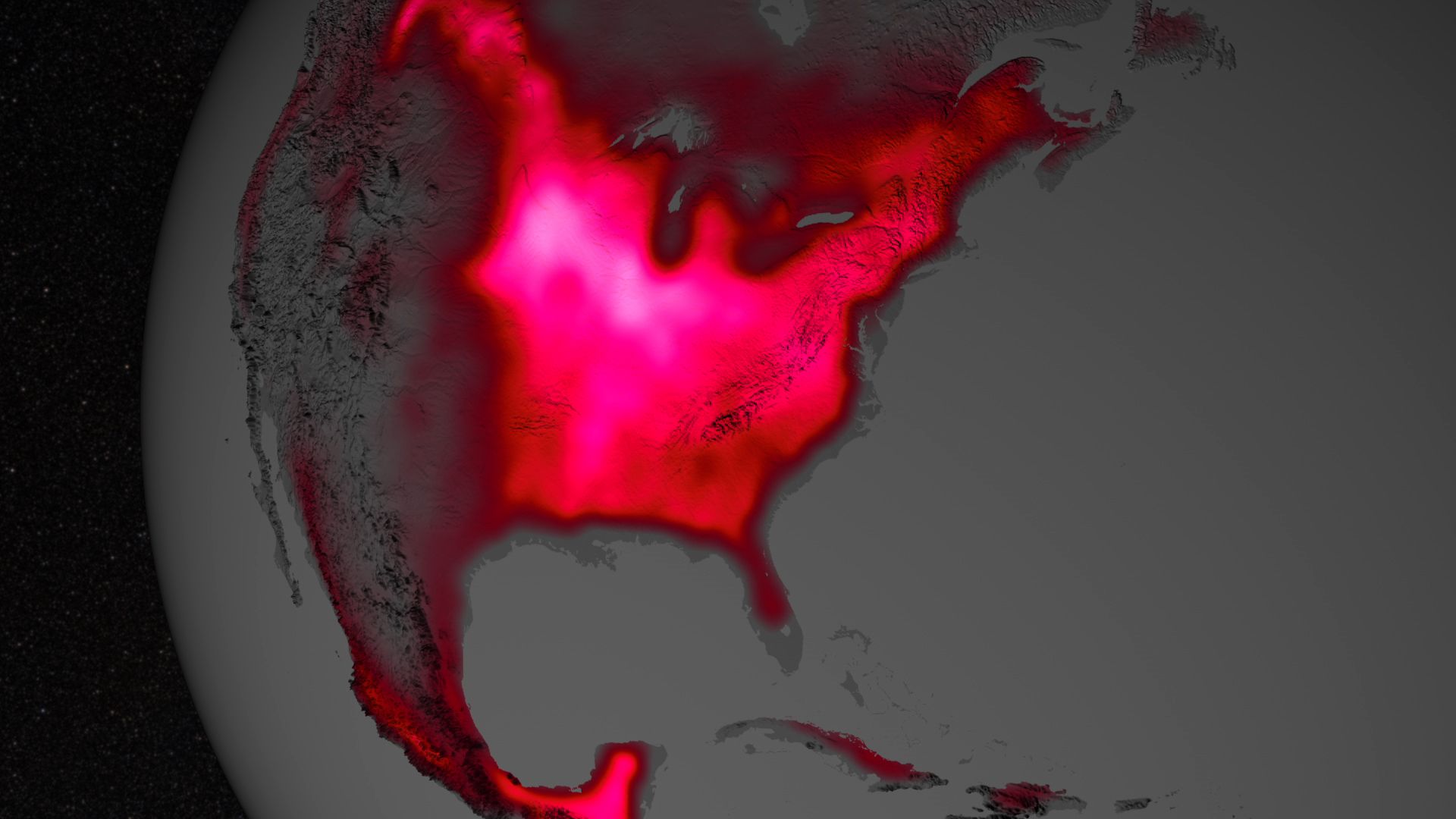Climate Change: Arizona is a Great Place to Study It!
Author
Published
1/25/2023
Terms mean a lot and a slight change in a phrase can clarify. So, should we consider the term “global change” when talking about climate change, more specifically changes to the general climate cycle? “Global change” implies the increasing atmospheric CO2 concentration, which has direct effects on plant growth, in addition to climate effects. The “Global warming” term captures the increasing temperature. “Climate change,” besides warming, captures changes in precipitation patterns, including changes in storm frequency and intensity.
Whatever term is used, Arizona stands out as a place for scientists to study our climate. In fact, within the agricultural environment, the motivation is even greater.
Arizona is a great place to do agricultural research and climate change because we experience a huge range in temperatures over which plants grow from a few freezes in winter to summertime temperatures that exceed what is projected for most of the earth with global warming, suggests Bruce A. Kimball, Ph.D., (Soil Physics major and Crop Physiology minor, 1970, Cornell University, Ithaca, NY.), retired Collaborator with U.S. Arid-Land Agricultural Research Center USDA-ARS in Maricopa, Arizona. “Further, with our irrigation systems and little rain, we have control of the water supply most of the time setting ideal conditions for controlled studies.”
Agriculture is a Natural Mitigator of Negative Climate Impacts
NASA pointed out in 2014 that American agriculture during the peak growing season produces more oxygen than the Amazon rainforest. Agricultural crops take CO2 out of the air and replace it with the O2 we need to breathe. Further, to the extent the crops can sequester the C from the CO2 in the soil or in the trunks of tree crops, agriculture can mitigate climate change.

Photo by NASA
Kimball further suggests, looking from the perspective of farming and ranching, the increasing CO2 will be generally beneficial for agricultural productivity. Warming will be generally beneficial in present-day cool climates, but in warm climates where plants are now often growing at the upper ends of their optimum range, further warming could depress yields. If water supplies are reduced so that land can no longer be irrigated, as it reverts to the desert, soil organic matter concentrations will decrease, and CO2 will be released into the atmosphere. Technology innovations must continue to find ways to create benefits for all regions of the world and improve productivity to feed a growing population.